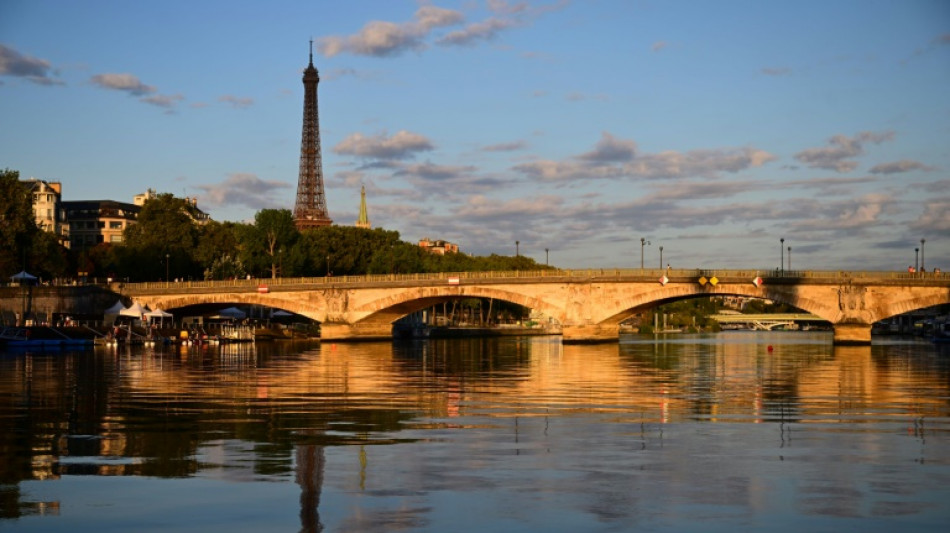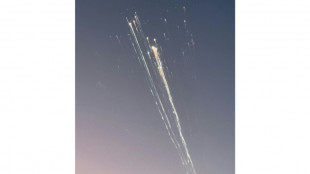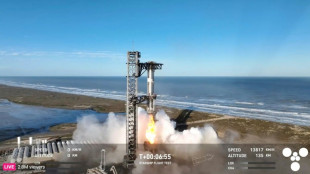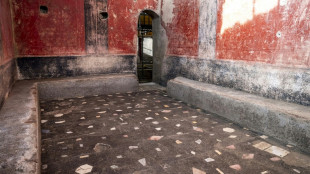

The real star of the Paris Olympics: the Seine
The Seine will play a starring role in this summer's Paris Olympics, with the opening ceremony set to take place on the river, which will also host swimming events.
Here are things you need to know about the storied waterway.
- From Vikings to D-Day -
From wars to revolutions and the Covid-19 pandemic, most of the seismic events in French history have played out along the banks of the Seine.
The Vikings travelled up the river on their longboats in the 9th century, torching Rouen in 841 and later besieging Paris.
In 1944, Allied forces bombed most of the bridges downstream of Nazi-occupied Paris to prepare the ground for the D-Day landings which led to the liberation of western Europe.
A little over a decade later, a young Queen Elizabeth II was treated to a cruise on the Seine for her first state visit to France after taking the throne.
It was also to the Seine that Parisians flocked in 2020 when allowed out for air during the start of the Covid-19 pandemic.
- Monet's muse -
French impressionist master Claude Monet spent his life painting the river from different viewpoints.
Hollywood starlet Doris Day, British rock singer Marianne Faithfull and US crooner Dean Martin all sang about it.
And during one of her raging rows with her songwriter partner Serge Gainsbourg, singer and actress Jane Birkin jumped into it.
The Seine has long inspired artists, authors, musicians... as well as legions of couples who have sworn their undying love by chaining personalised padlocks to the bridges of Paris.
- Barging ahead -
Taking a cruise on the Seine is on most visitors' bucket lists, but the Seine is also a working river, used to transport everything from grain to Ikea furniture to the materials used for the construction of the Olympic Village.
Around 20 million tonnes of goods are transported on France's second-busiest river each year -- the equivalent of about 800,000 lorry-loads.
- Diving in -
Swimming in the Seine, which was all the rage in the 17th century when people used to dive in naked, has been banned for the past century for health and safety reasons.
But that's all about to change, with France spending 1.4 billion euros ($1.5 billion) to clean it of faecal matter and other impurities before the Olympics.
The open-water swimming events and triathlon will start at Pont Alexandre III, a marvel of 19th century engineering near the foot of the Champs-Elysees, with the Eiffel Tower looming in the background.
Beyond the Games, Paris wants to open the river to bathers, with President Emmanuel Macron promising he'll lead the charge and take the plunge.
- Mind the python -
Cleaning up the Seine also has its macabre side. Between 50 and 60 corpses a year are fished out of the water.
Dredging of the river in recent years has also come up with voodoo dolls with pins stuck in them, a (dead) three-metre-long python, an artillery shell dating back to the Franco-Prussian war of 1870 and the trophy of the Six Nations rugby tournament, dropped during a victory party on the river after France's win in 2022.
V.Abaroa--ESF




